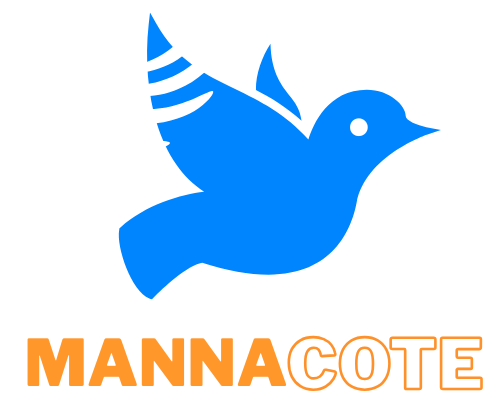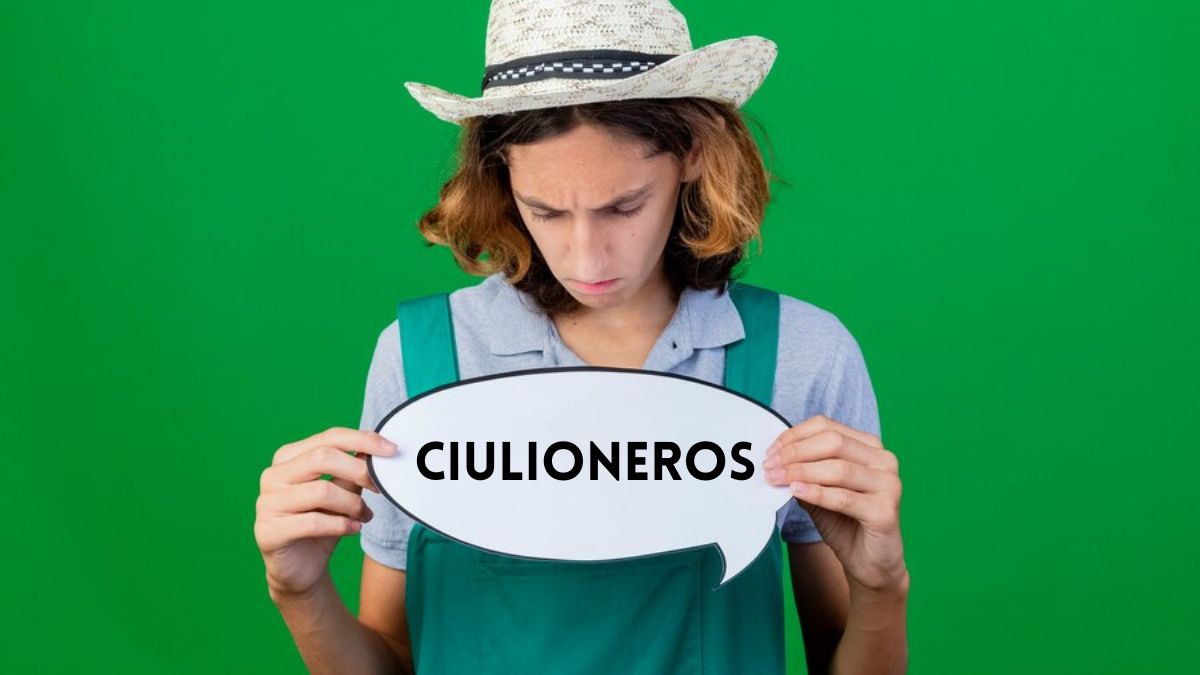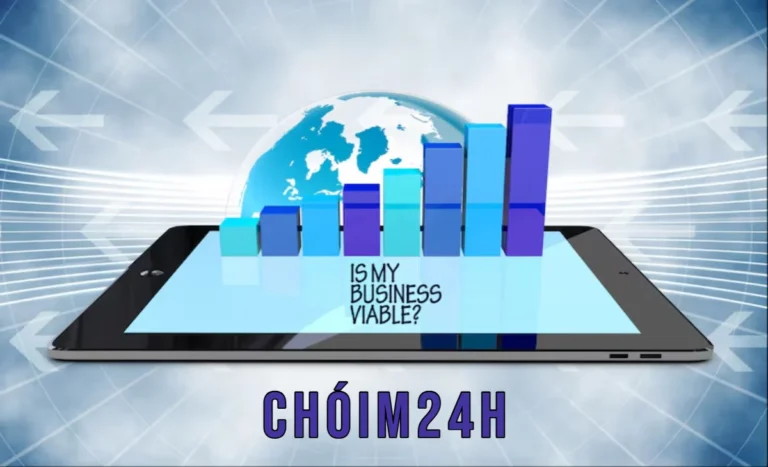Exploring Ciulioneros: A Rising Digital Trend or Cultural Phenomenon?
In the age of rapidly evolving digital culture, niche terms and concepts often spark curiosity and intrigue. One such emerging term is “Ciulioneros.” Though it may sound unfamiliar or cryptic to many, “Ciulioneros” is beginning to make appearances across online platforms, prompting questions about its origin, meaning, and impact.
What Is “Ciulioneros”?
At its core, “Ciulioneros” appears to be a neologism—possibly a coined or hybrid word whose precise origins remain elusive. It could represent:
- A username or alias associated with digital content creators
- A fictional concept or character group in a game, series, or online community
- A slang term gaining traction within specific cultural or linguistic circles
Due to the limited mainstream references, the term is still shrouded in mystery and may be known primarily within smaller online communities or platforms like Discord, Reddit, or niche gaming forums.
Possible Interpretations
1. Digital Persona or Group
In online spaces, unique names often serve as group identifiers or pseudonyms. “Ciulioneros” might denote a team, fandom, or creative collective with a specific mission—whether artistic, activist, or comedic in nature.
2. Meme Culture Influence
It’s also possible that Ciulioneros originated as part of meme culture—starting as an inside joke and evolving into a broader label. Many viral memes start in the shadows before breaking into the mainstream, and “Ciulioneros” might be on that path.
3. Linguistic Roots
The suffix “-eros” is commonly found in Spanish, implying “people who do something” (e.g., guerrilleros, rockeros). The root “Ciulion” might be a play on words, a misspelling, or a coded reference to something else entirely—perhaps drawing from pop culture or regional dialects.
Online Presence and Popularity
While there’s still sparse official documentation or definition, mentions of “Ciulioneros” can be found scattered across social media comments, YouTube usernames, and niche meme pages. It may be a matter of time before a viral video, TikTok trend, or meme explosion gives the term a more concrete identity.
Why It Matters
In the digital age, even obscure words can carry weight. Subcultures online are built around symbols, names, and shared references. Terms like “Ciulioneros” may seem insignificant now, but they could shape the language and humor of future communities.
Final Thoughts
The rise of enigmatic terms like Ciulioneros reminds us that digital language is fluid and often playful. Whether it becomes a viral brand, a meme movement, or simply a forgotten footnote depends on how communities adopt and evolve it. For now, it remains a fascinating linguistic mystery—one that’s just waiting for its story to be told.







